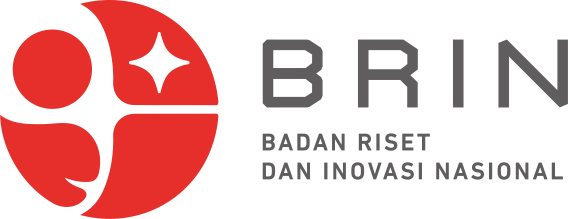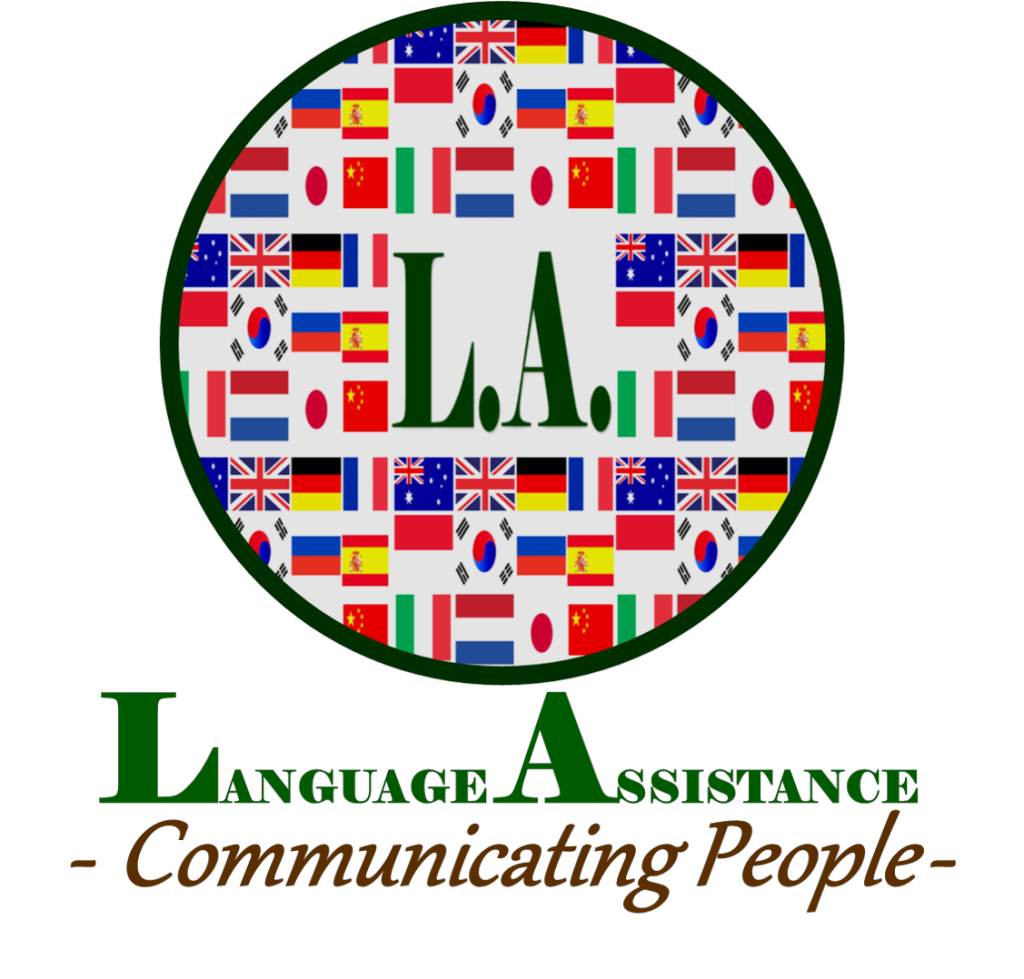The Effect of Experiential Marketing Approach on Consumer Loyalty at Café Atsabe in Dili, Timor-Leste
DOI:
https://doi.org/10.5281/zenodo.15869650Keywords:
Experiential marketing, consumer loyalty, customer engagement, strategic experiential modules, Café AtsabeAbstract
Downloads
References
Abadi, R. R., Nursyamsi, L., & Syamsudin, A. R. (2020). Effect of customer value and experiential marketing to customer loyalty with customer satisfaction as intervening variable (Case study on Gojek Makassar consumers). The Asian Journal of Technology Management, 13(1), 82–97. https://doi.org/10.12695/ajtm.2020.13.1.7
Adnan, A. A. (2020). Pengaruh experiential marketing terhadap loyalitas konsumen pada kedai teh tarik Dmr Tulungagung. Juremi: Jurnal Riset Ekonomi, 2(4), 505–520. https://doi.org/10.51178/juremi.v2i4.87
Ananda, R. R., Suherman, & Siregar, M. E. S. (2022). Pengaruh experiential marketing dan kualitas produk terhadap loyalitas pelanggan melalui kepuasan pelanggan sebagai variabel intervening. Jurnal Bisnis, Manajemen, dan Keuangan, 3(3), 211–230. https://doi.org/10.21009/JBMK.030303
Aristo, E., & Ken, K. (2023). Studi tentang faktor-faktor yang mempengaruhi kepuasan pelanggan kedai kopi di Jakarta. Jurnal Manajemen Bisnis dan Kewirausahaan, 7(6), 1268–1280. https://doi.org/10.35137/jmbk.v7i6.987
Ariyanto, M. M. (2022). Pengaruh penerapan experiential marketing terhadap loyalitas pelanggan (Studi pada Coffee Toffee Malang). Jurnal Ilmiah Mahasiswa FEB, 4(2), 89–104.
Azhar, F. Ny., & Nirawati, L. (2022). Pengaruh experiential marketing dan emotional branding terhadap loyalitas pelanggan melalui kepuasan konsumen Starbucks di Surabaya. Jurnal Manajemen dan Sains, 7(2), 528–535. https://doi.org/10.33087/jmas.v7i2.421
Baisyir, F., & Quintania, M. (2021). Pengaruh experiential marketing terhadap kepuasan konsumen dan dampaknya pada loyalitas konsumen. Jurnal Telaah Manajemen, 5(1), 621–631.
Basuki, R. A., & Tyastuti, M. R. (2020). Pengaruh experiential marketing terhadap loyalitas pelanggan yang dimediasi oleh kepuasan pelanggan dan kepercayaan merek. Jurnal Bisnis dan Kewirausahaan, 6(1), 1–13.
Clarence, K. C., & Naingolan, R. (2024). Pengaruh persepsi harga, suasana tempat, dan variasi menu terhadap loyalitas pelanggan Gisoe Coffee Surabaya. Jurnal PERFORMA, 9(2), 112–126.
Hadiwidjaya, R. S., & Dharmayanti, D. (2023). Analisis hubungan experiential marketing, kepuasan pelanggan, loyalitas pelanggan Starbucks Coffee di Surabaya Town Square. Jurnal Manajemen Pemasaran, 2(2), 121–131.
Hair, J. F., Jr., Hult, G. T. M., Ringle, C., & Sarstedt, M. (2016). A primer on partial least squares structural equation modeling (PLS-SEM). Sage publications.
Hendayana, Y., & Solichati, U. (2021). Pengaruh experiential marketing dan kepercayaan terhadap loyalitas konsumen pengguna marketplace Shoppe di Kota Bekasi. Jurnal Manajemen dan Bisnis, 18(2), 145–160.
Hidayanti A. A., & Widiyanti, N. M. N. Z. (2023). Analisis pengaruh experiential marketing terhadap loyalitas konsumen dengan kepuasan konsumen sebagai variabel intervening (Studi kasus pada Ud. Mm). Jurnal Ilmiah Perhotelan, 12(2), 545–550.
Jadari, A., & Ernawati, S. (2023). Pengaruh experiential marketing dan bukti fisik terhadap loyalitas konsumen Tea Break Cafe di Kota Lama. LANCAH: Jurnal Inovasi dan Tren, 1(2), 53–60. https://doi.org/10.35870/lancah.v1i2.89
Karuniatama, I. H., Barata, D. D., & Suyoto, Y. T. (2020). Pengaruh experiential marketing terhadap loyalitas pelanggan ritel di Indonesia. Widyakala: Jurnal Universitas Pembangunan Jaya, 7(1), 28–42.
Maulidya, A., Saroh S., & Zunaida, D. (2021). Pengaruh experiential marketing dan bauran pemasaran terhadap minat beli ulang konsumen (Studi kasus pada konsumen musiman Café Kota Malang). Jiagabi, 10(2), 205–212.
Muljani, N. (2021). Pengaruh experiential marketing terhadap loyalitas pelanggan yang dimediasi oleh kepuasan pelanggan (studi pada restoran Boncafe di Surabaya). Jurnal Ilmiah Manajemen, 9(2), 210–221.
Pangesti, R. D. et al. (2016). Partial Least Square Structural Equation Modeling (PLS-SEM) on Binary Data (Case: A Driving Factor for Increasing Knowledge of Dairy Cooperatives in Indonesia). [Master's thesis, Bogor Agricultural University]. International Journal of Engineering and Management Research, 6(4), 327–332.
Paransa, R., Massie, J. D. D., & Roring, F. (2020). Analysis of the influence of experiential marketing on customer loyalty at Rumah Kopi Z Manado. EMBA Journal, 8(3), 112–125.
Prasiasa, D. P. O., Subadra, I. N. & Widari, D. A. D. S. (2025). Rebranding Museum Tourism in Bali: A Strategic Destination Branding Model for Engaging Gen Z Tourists. International Journal of Innovative Research and Scientific Studies, 8(4), 1529–1541. https://doi.org/10.53894/ijirss.v8i4.8129
Rendi, A. (2021). Pengaruh experiential marketing dan kualitas pelayanan terhadap loyalitas pelanggan dengan kepuasan sebagai variabel intervening di Kota Palembang. Jurnal Intelektual: Islam, Sosial dan Sains, 10(1), 45–62.
Santoso, A. L., Japarianto, E., Tandijaya, T. N. B., & Andreani, F. (2023). Pengaruh experiential marketing terhadap loyalitas pelanggan melalui customer engagement sebagai variabel intervening IKEA Ciputra World. Jurnal Manajemen Pemasaran, 17(2), 81–89.
Suarthana, I. K. P., Wisnawa, I. M. B., Karta, N. L. P. A., & Sarukunaselan, K. (2024). Unlocking loyalty: The power of local culture in Bali tourism. Jurnal Kajian Bali (Journal of Bali Studies), 14(2), 498–521.
Subadra, I N. (2025). Rahasia Mempublikasikan Penelitian Kualitatif pada Jurnal Internasional Bereputasi: Pengalaman Empiris dari Penulis Sukses. Denpasar: YAGUWIPA.
Subadra, I.N. (2024). Cloud Tour Services in Paradise: A Newly Marketing Paradigm in Bali Tourism History. In: Maingi, S.W., Gowreesunkar, V.G., Korstanje, M.E. (eds) Tourist Behaviour and the New Normal, Volume I. Palgrave Macmillan, Cham. https://doi.org/10.1007/978-3-031-45848-4_9. https://bit.ly/4euOAPe
Tahulending, P. et al. (2023). Faktor-faktor yang mempengaruhi kepuasan dan minat beli ulang pelanggan kafe. SEIKO: Jurnal Manajemen & Bisnis, 6(2), 219–227.
Tian, Y. (2022). How the five dimensions of experiential marketing affect customer satisfaction: Focused on Starbucks. Journal of Consumer Marketing, 39(3), 225–238. https://doi.org/10.1108/JCM-01-2021-4387
Trilaksono, A. I., & Prabowo, B. (2023). Analisis pengaruh experiential marketing terhadap loyalitas pelanggan melalui kepuasan pelanggan sebagai variabel intervening: Studi kasus pada Gojek di Surabaya. Reslaj: Jurnal Pendidikan Agama Sosial Laa Roiba, 5(1), 101–115.
Hardini, W., N. L. P. A., Karta, J. H. P., & Suarthana. (2015). The study on Bali tourism village management towards four dimensions of experience economy. E-Journal of Tourism Udayana University, 2(1), 49–54.
Wola, M. I., Massie, J. D. D., & Saerang, R. T. (2021). The effect of experiential marketing and e-wom on customer loyalty (Case study: D-Linow Restaurant). EMBA Journal, 9(1), 78–92.
Zena, P. Ara. (2021). The study of relationship among experiential marketing, service quality, customer satisfaction, and customer loyalty. ASEAN Marketing Journal, 4(1), 45–58. https://doi.org/10.21002/amj.v4i1.2028
Downloads
Published
Issue
Section
License
Copyright (c) 2025 Aíres Inácio Marques, Ni Luh Putu Agustini Karta (Author)

This work is licensed under a Creative Commons Attribution 4.0 International License.
















